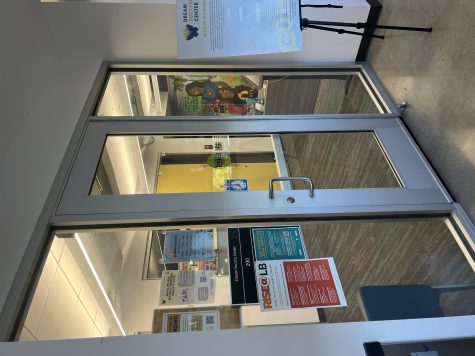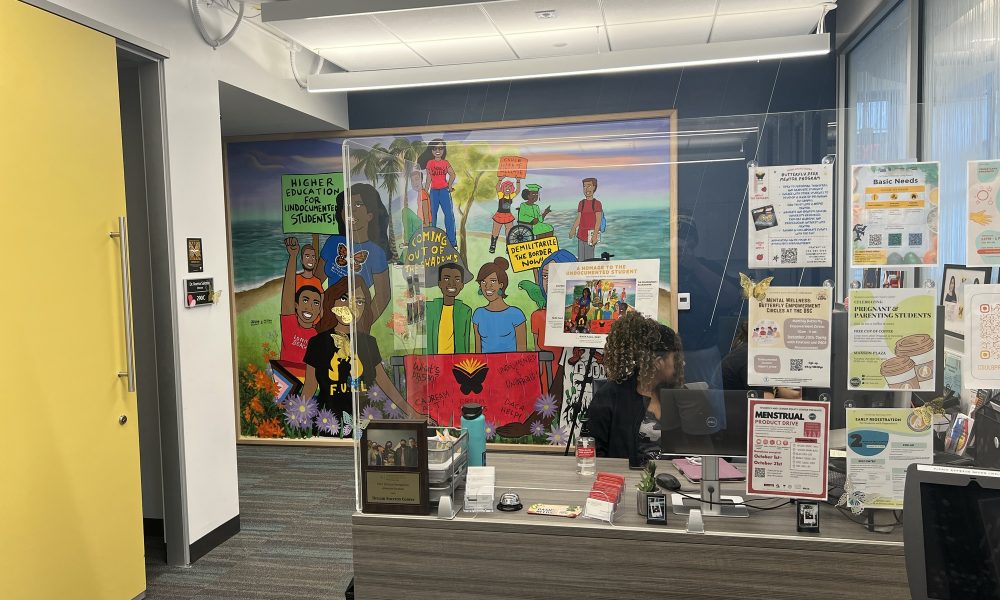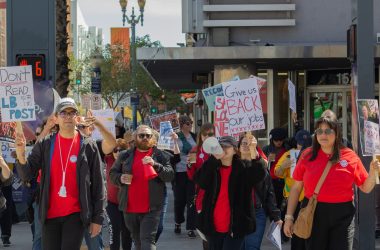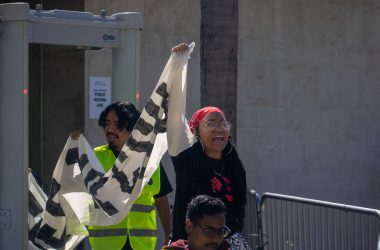Students whose status is Deferred Action for Childhood Arrivals continue in a holding pattern as the United States District Court of Texas found the DACA final rule unlawful. The court did maintain a stay of order for recipients who had the status before July 16, 2021.
The DACA final rule was an attempt by the Department of Homeland Security to create regulations to protect the DACA policy. The courts memorandum and order and supplemental order of injunction are available online now.
The Sept. 13 ruling by the Texas District Court has left CSULB DACA recipients and students with initial applications disappointed, said Mitzy Lopez, a paralegal at the Central American Resource Center, CARECEN.
“What it essentially means is the status quo remains,” Lopez said.
She explained that the status quo has been students with current DACA status can continue with this status. It also means the United States Citizenship and Immigration Service, USCIS, is not processing any new applications for DACA status.
“This is, I think, extra frustrating for those that have initial applications pending because they’re let down again by this decision,” Lopez said. “For those that do have DACA, I think they are also frustrated because it’s still no way near a path to citizenship for them.”
Lopez also says DACA status is given for two years, but must be renewed. She advises students who already have DACA is to remember their renewal dates and should do their best to either renew or look for help renewing their status six months before the due date.
“Not renewing within the recommended time frame can lead to delays in student’s DACA approvals. This can jeopardize their status if their DACA expires before they receive their approval,” Lopez said in an email. “Students who do not renew within one year of status loss or expiration will no longer be eligible to apply for a renewal.”
This means if students try to apply for DACA, it would no longer be a renewal, it would be considered an initial application and like the current legal situation shows, this new application will not be processed by USCIS.
Lopez recommends non-DACA students to make an appointment with trustworthy attorneys and go over any type of immigration relief that can be provided. CARECEN can help with filing and students with questions can arrange appointments with her online at this link.
The group currently has funding for students who are renewing their DACA status and for those who are filing out citizenship applications. Lopez said the group helps students with general consults out of the Dream Success Center.
Lopez said CARECEN helps current students, staff and faculty and alumni within two years of graduation with initial DACA applications and renewals, family based petitions, Special Immigrant Juvenile Status and new visas among other things.
Norma Salcedo, director at the Dream Success Center, said the ruling is just another no when it comes to students who have waited to apply for DACA for the first time.
“It is estimated every year we are enrolling more and more students who do not have DACA,” Salcedo said.

These students don’t have social security numbers or work permits. Salcedo said even though these students navigate the university experience differently than most who have that information, they can still pursue higher education despite these drawbacks.
Salcedo revealed these students have access to the California Dream Act. This is state financial aid for DACA, undocumented and other non-resident students to cover only tuition costs.
“Now you’re seeing a number of students who are navigating higher ed[ucation] without the needed funds to be able to survive,” Salcedo said.
The DSC is focused on finding inclusive resources that are available to all students. One resource example Salcedo gave was the university’s College Corp, a program that provides internships for students, no matter their immigration status, that compensate them.
Salcedo wants to make sure that students understand the program is focused on helping them overcome issues they may face.
“What my center does is that it identifies all the challenges or obstacles that this population [undocumented students] may face, and I work with campus partners and community organizations to develop plans of action so that we are supporting students every step of the way,” Salcedo said.
Karyn Scissum Gunn, CSULB Provost, said in an email that work will continue to make the classroom environment inclusive so all students can succeed.
“Now is the time to lean on our compassionate community and to share critical campus resources that support students, regardless of their immigration status. To belong on campus, our students first need to feel safe, valued and supported, and we hope that The Beach can be that place for our students,” Gunn said.
In a Sept. 19 email from Beth Lesen, CSULB Student Affairs vice president, said everything possible is being done to have assistance available to undocumented members of the CSULB community.
“Despite this time of great uncertainty, let me assure you, you belong here and CSULB is here for you,” Lesen said in the email.




